Recovering from addiction requires immense strength and resilience, especially because as a woman, you face unique societal, biological and personal challenges. Understanding these hurdles is crucial as you work toward a healthy and sober lifestyle.
In your recovery journey, self-care becomes your best tool — think of it as a guide offering support and empowerment. It can act as a lifeline during emotional moments, not unlike a compass directing you to a better path. By prioritising self-care, you will be better equipped to address any challenges you encounter without going backwards in your progress.

Download Our Brochure
What Is Self-Care?
At its core, self-care is a fundamental practice rooted in nurturing your physical, emotional, and mental health needs, involving skills and activities that prioritise your well-being. It’s about recognising your needs and taking proactive steps to meet them. This includes both small, everyday habits and more long-term, lifestyle changes. If you think of your body as a machine, self-care is how you recharge the battery.
Self-care applies to all aspects of life. It means breaking bad habits, setting healthy boundaries to protect yourself, engaging in activities that bring you joy and relaxation, nourishing your body with proper nutrition and exercise, and creating meaningful connections with yourself and others.
Why Is Self Care Important for Women in Recovery?
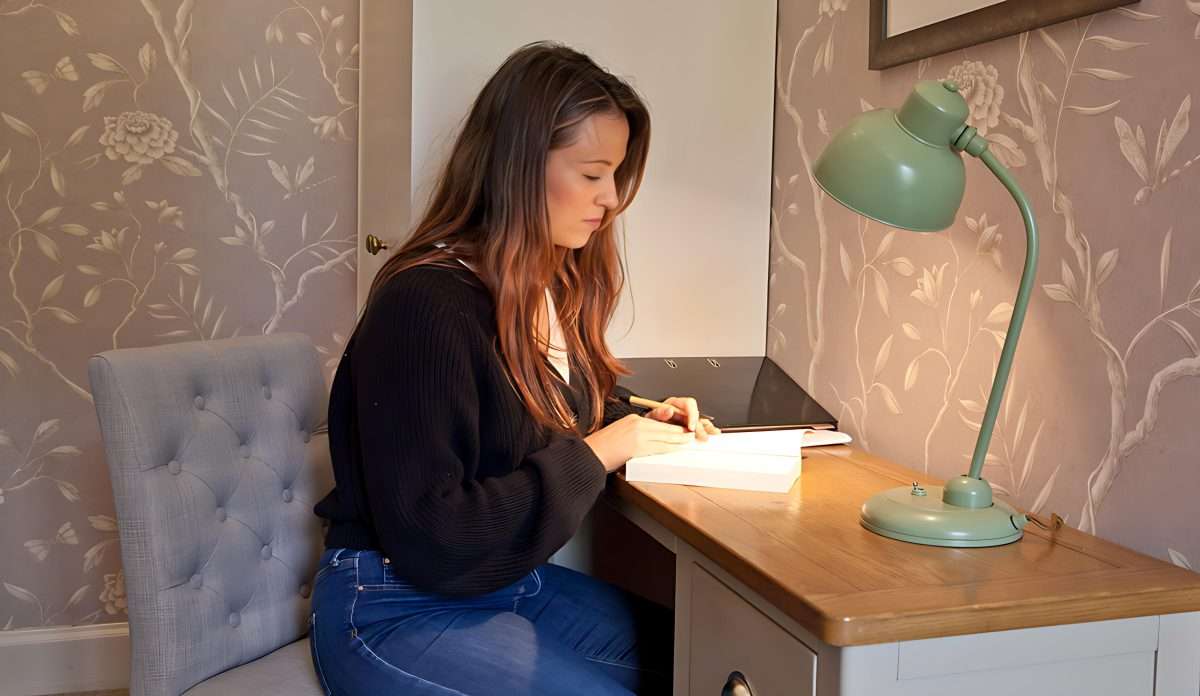
Self-care isn’t selfish or a luxury — it’s essential for personal growth and preservation. Being attentive to your needs equips you to manage stress, tackle life’s challenges and develop healthy coping skills to overcome addiction.
Recovery poses unique hurdles for women. This is where self-care becomes a vital support system, enabling you to reclaim control and put your well-being at the forefront amid whatever challenges you face.
By prioritising personal needs, self-care empowers you to rebalance your life, pushing you to pivot from neglect to self-prioritisation. More than indulgence, practising self-care builds mental resilience. Through mindfulness and stress management, it gives you the mental strength essential to navigate the highs and lows of recovery.
Ultimately, mastering self-care is learning to prioritise your own needs. Self-love can be a tough task for anyone in recovery, as addiction often forces you to put drugs or alcohol before your well-being. Embracing self-care means reclaiming control — a significant step toward a healthier, empowered future.
Self-Care Strategies Tailored for Women in Recovery
Sustaining recovery involves embracing a range of self-care strategies specifically designed to nurture your physical, social, spiritual and emotional health. These carefully curated practices will help you navigate the complexities of recovery, ensuring a holistic approach towards reclaiming your life.
Physical Self Care
Engaging in regular exercise not only improves your physical health but also enhances mood and reduces stress, especially when you’re recovering from drug and alcohol use. Activities like walking, yoga, or dancing can be enjoyable and beneficial in giving yourself a much-needed physical and mental health boost during recovery.
Fuelling your body with nutritious foods is also important. Adopting a healthy diet contributes to increased energy levels and improved mental clarity.
Amidst physical self-care practices, one aspect often overlooked is maintaining good personal hygiene. This component is frequently neglected, particularly during active addiction. However, taking care of yourself in the most basic sense is a simple way to recover a sense of self-respect and dignity. Simple routines like regular showers, dental care, and grooming play a pivotal role in boosting self-esteem and mental health.
And of course, getting enough sleep is crucial for recovery. Establishing a consistent sleep schedule and practising relaxation techniques before bedtime can improve sleep quality, which will help your body repair itself, which is very important if you’re undergoing withdrawal symptoms.

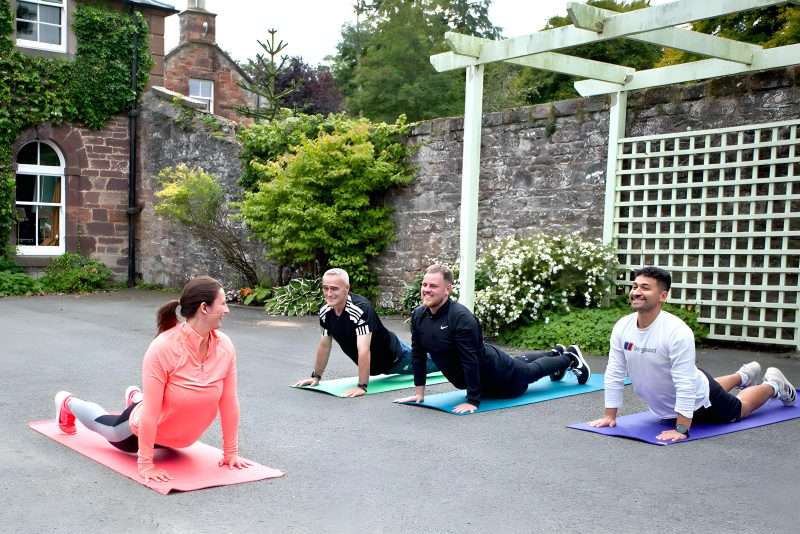
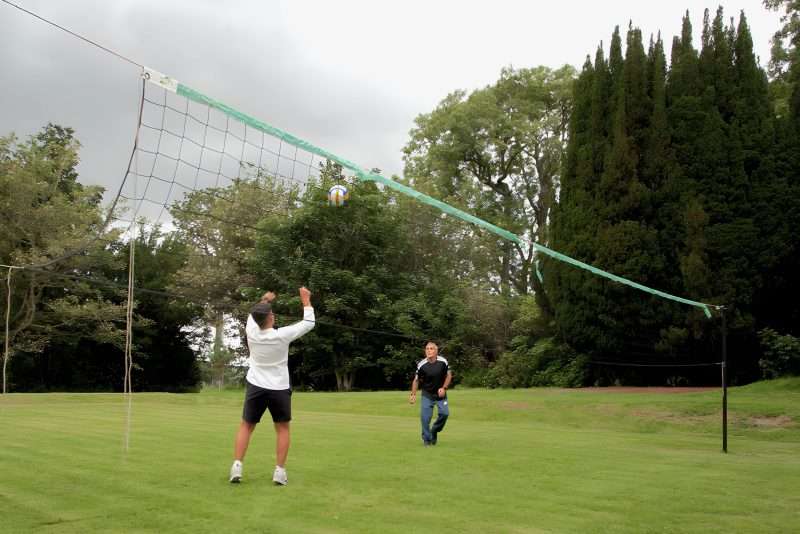
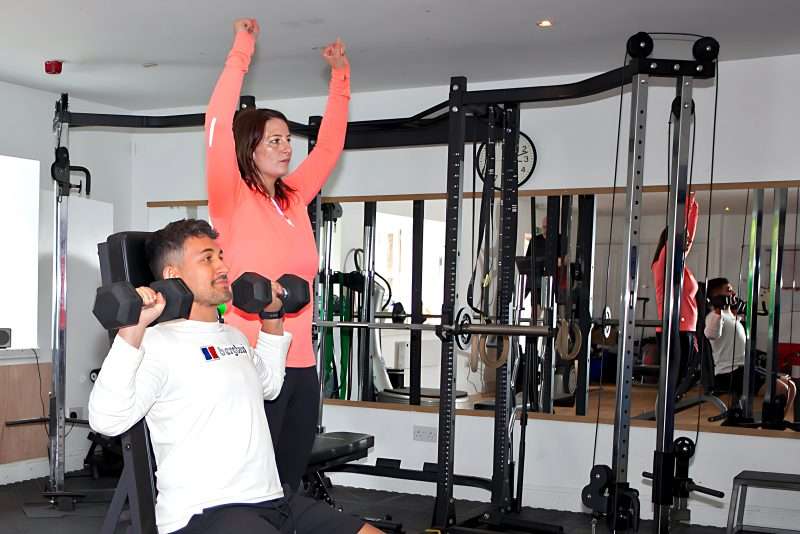
Emotional and Mental Self-Care
Seeking professional help through therapy offers vital support in addressing underlying emotional issues unique to women in recovery. It provides a safe space to explore and tackle complex emotions. Individual therapy delves deeply into your challenges, aiding in developing coping strategies, while group therapy complements this by fostering a sense of community and understanding among women facing similar struggles.
In addition, mindfulness and meditation serve as valuable tools for women in recovery. These practices not only reduce stress levels but also empower you to reconnect with your inner self and develop self-awareness as well as emotional resilience. By implementing mindfulness throughout your life, you will find yourself in a calmer mental state which promotes healing and growth.
Moreover, creative expression, be it through writing, art, or other outlets, becomes a therapeutic avenue for women in recovery. Creative expression can help unravel the nuances of your experiences, encouraging self-discovery and reinforcing a sense of self-worth. And who knows – you might even develop a new hobby out of it.
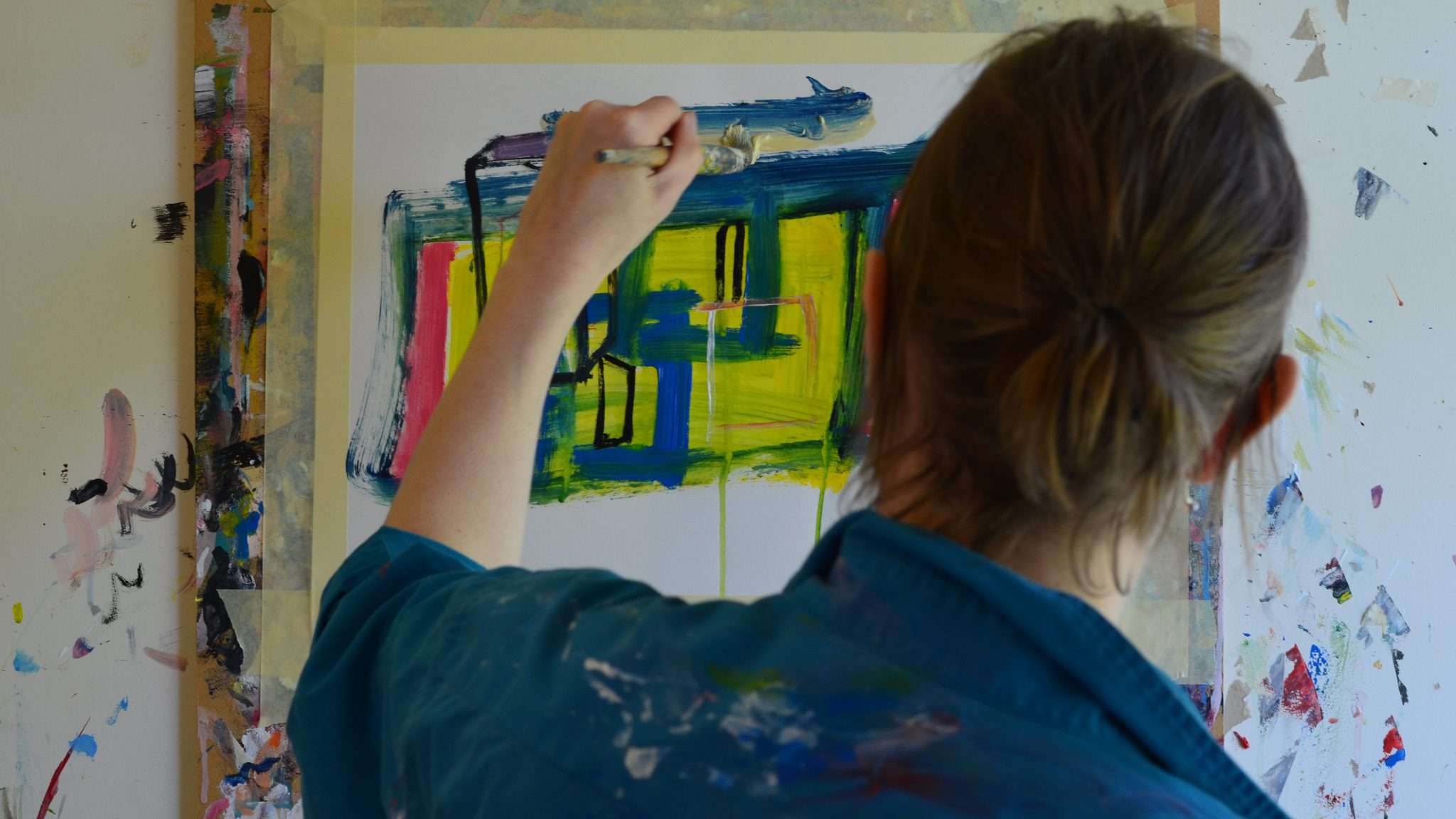
Social Self Care
Creating a supportive network is crucial for women in recovery, as it offers a sense of belonging and understanding. Engaging with support groups provides you with a safe space to share experiences, exchange advice, and offer mutual encouragement.
Setting clear boundaries is vital as well, as it helps you safeguard your emotional well-being and maintain balance in life. These boundaries will teach you to prioritise your needs, develop supportive relationships, and give you a sense of emotional stability throughout recovery.
Cultivating positive connections and distancing from harmful relationships is also important. Positive relationships provide encouragement and validation, contributing significantly to your healing and continued growth.
Spiritual Self Care
Exploring and nurturing your spiritual health is often forgotten but remains a vital component of the addiction recovery process. Engaging in spiritual practices, whether through prayer, meditation or just connecting with nature, offers solace and inner peace. This aspect of self-care promotes a sense of purpose and helps you get to know yourself.
Engaging in spiritual practices aligned with your beliefs can give you a sense of hope and serenity, helping you cope with emotional and psychological challenges. Taking time for quiet reflection, being in the present moment, or participating in spiritual rituals helps in centring your thoughts and finding strength during times of distress.
Free Confidential Addiction Assessment
Taking the first step towards seeking help can be very difficult, our team is here to help you.
Practical Self-Care
Learning time management is sure to improve anyone’s life but it’s an extra valuable skill when you’re fighting addiction. Prioritising tasks allows you to develop a structured approach to your daily life activities, which can significantly minimise stress triggers and manage your life better.
Engaging in hobbies or activities that evoke joy and fulfilment is especially beneficial for women in recovery. Investing time in creative pursuits, sports, or other interests gives you a healthy outlet for stress relief and a positive diversion from recovery-related pressures. These activities also serve as a form of therapy to help you improve your self-expression and rediscover personal passions that you may have neglected during active addiction.
Taking care of your finances should be a top priority for someone in recovery, especially if you’re a woman, as it can help you become independent. Through careful budgeting and strategic planning, you can alleviate the stress often associated with financial instability, allowing you to reduce anxiety and focus on your well-being.
Overcoming Challenges in Practicing Self-Care

As a woman in recovery, you may encounter various obstacles in embracing self-care practices. Recognising these challenges and implementing solutions, however, is essential to support your well-being. Some of the most common hurdles you may encounter are time constraints, feelings of guilt or unworthiness, or a lack of self-prioritisation, all of which often make it harder to practice self-care.
One easy way to approach this problem is to implement small, manageable changes. Break self-care into bite-sized moments, validate your worthiness, and gradually prioritise your needs. Alongside, make sure to engage in supportive conversations, seeking guidance from mentors or support groups to navigate feelings of guilt or doubt.
It’s also helpful to identify your triggers and develop strategies to manage them. This can be done by utilising mindfulness techniques, seeking professional guidance, and creating an emergency plan for challenging situations.
In addition, make sure to incorporate self-care as part of your relapse prevention plan. Prioritise activities that promote well-being, engage in hobbies or relaxation methods during stressful times and maintain connections with supportive individuals or groups.
Recognising and addressing these barriers while actively incorporating self-care into your recovery journey serves as a powerful tool in developing a resilient mindset, managing triggers, and preventing relapse.
Seeking Professional Help and Guidance
In your journey toward recovery, seeking professional guidance becomes essential. At Castle Craig, we acknowledge the unique challenges women face and offer tailored support through our dedicated women’s programs and specialised facilities.
Rehab centres, such as Castle Craig, play a pivotal role in helping you overcome your addiction. While we are not a female-only facility, we offer exclusive accommodations if you wish to recover in a same-sex space. If you’re looking for intensive and attentive support, our women-only residential space, Serenity House, offers a nurturing environment managed by our experienced female staff.
Castle Craig also takes pride in providing a comforting atmosphere for all of our patients. Here, you’ll have exclusive access to various facilities, including a fully equipped gym for exercise, vast serene grounds for relaxation, and daily nutritious meals.
Our women’s support groups and therapies are specifically designed to address the diverse aspects of addiction unique to women. These sessions provide a nurturing space to confront the roots of addiction and facilitate comprehensive recovery. We also offer several complementary therapies such as meditation, yoga, art therapy, equine therapy, and much more.
Continued care is something we take seriously as well. Castle Craig stands beside you not just during your stay but also as you transition back to everyday life. Our extensive aftercare program strives to provide continued support, be it finding local therapy groups, securing safe housing, or finding a job, ensuring you move on to stay sober and live a fulfilling life beyond our care.

Over 10,000 People Have Achieved Sobriety With Castle Craig Rehab…..Join Them
Castle Craig Can Help
Castle Craig is dedicated to supporting women in their journey towards recovery from addiction. Our specialised treatment programs and nurturing environment prioritise your well-being, offering comprehensive care tailored to your unique needs. Whether you’re in active addiction or recovery and seeking ongoing support, don’t hesitate to contact us. Feel free to reach out by calling us. Our team is here to provide the assistance you need. Our team is here to provide ongoing support and guidance to build a better, brighter future.
References
- https://www.mayoclinic.org/healthy-lifestyle/stress-management/
- https://www.proquest.com/openview
- https://www.ncbi.nlm.nih.gov/pmc/articles/PMC4553654/
- https://link.springer.com/article/



